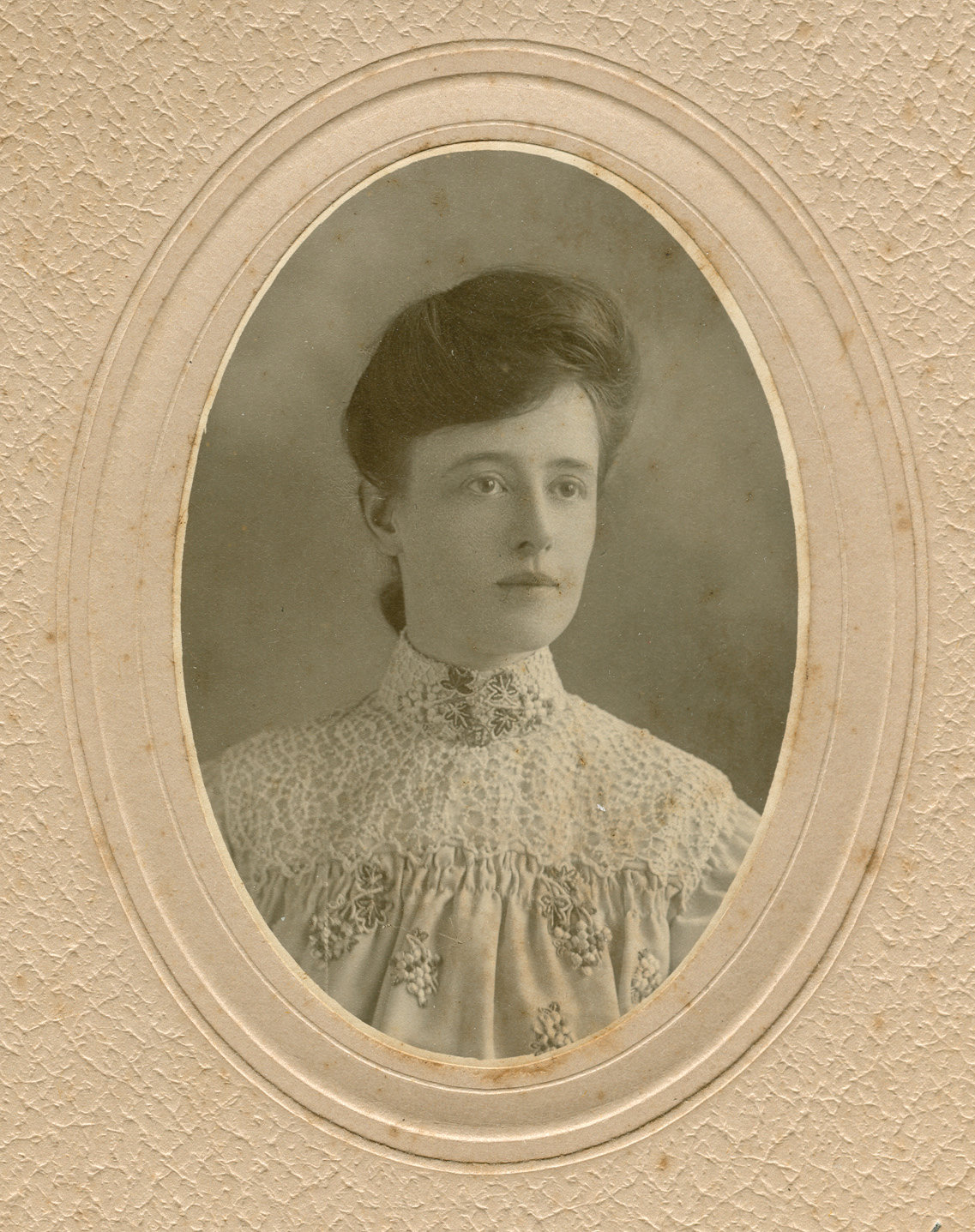Carrie Pollitzer worked to improve education, advance women's rights
FROM THE S.C. HISTORICAL SOCIETY
Throughout her life, Carrie Teller Pollitzer worked to improve education and to advance the rights of women in South Carolina. The first daughter of Gustave Moritz Pullitzer and his wife, Clara, Carrie was born in Charleston on Dec. 5, 1881. Gustave was a prominent cotton broker and both parents were active in the community and at their synagogue, Kahal Kadosh Beth Elohim. Carrie graduated from Memminger Normal School in 1901 and went on to study at Columbia Teacher's College in New York City.
As the Progressive Era gained momentum, Carrie joined those who wanted to improve the standard of living and alleviate poverty throughout the nation. Like other progressives, she felt that many of society's problems could be addressed through education. She returned to Charleston in 1908 and launched the city's first free kindergarten in a carriage house behind the Pullitzer home on Pitt Street. Shortly after that, Carrie was appointed assistant principal of the South Carolina Kindergarten Training School. In this position, she worked with others to initiate parent-teacher organizations, social work programs for children and teacher visits to students' homes. The two free kindergartens that Carrie established in Charleston taught health and nutrition along with fundamentals such as letters and numbers.
In addition to her work on behalf of education, Carrie was a strong proponent of women's rights. She distributed fliers supporting women's suffrage, was secretary and chairwoman of the Charleston Equal Suffrage League and a member of the Executive Board of the Charleston Federation of Women's Clubs. In 1917, she and other members of the Federation of Women's Clubs petitioned the College of Charleston to admit women. She was informed that a women's lounge and a matron would be required if women attended the College of Charleston. Hearing that, Carrie secured the funds to pay for both. The college opened its doors to women the following year.
Both Carrie and her sister, Mabel, were recognized by the Charleston chapter of the National Organization of Women for their contributions to the women's movement. Carrie lived with Mabel in the family home in Charleston and remained active with the Free Kindergarten Association throughout her life. She died in 1974 and is buried in Kahal Kadosh Beth Elohim Cemetery in Charleston.
For more on Carrie and the Pollitzer family, visit the digital exhibit at: http://ldhi.library.cofc.edu/exhibits/show/pollitzer_family_sc/introduction
More Articles to Read

